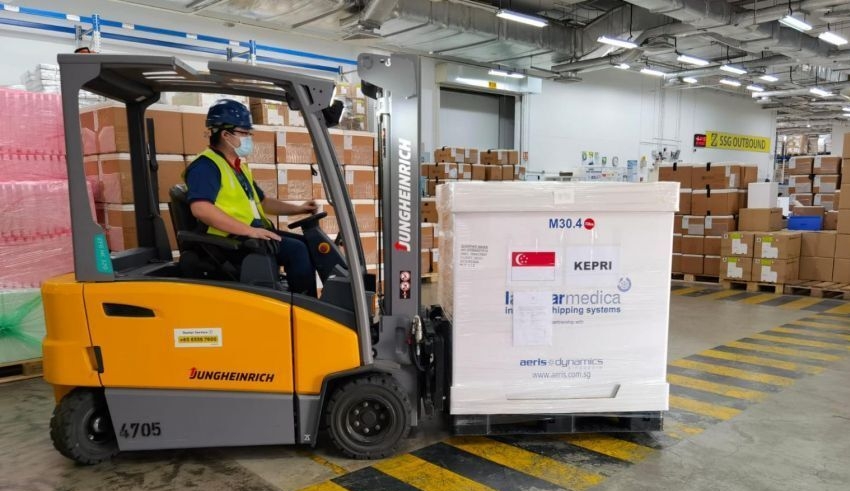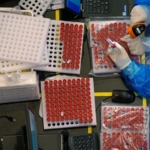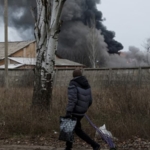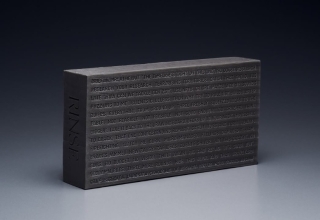
Singapore will prioritize the stockpiling of medical supplies and other important healthcare items in the future, a senior government official announced on Monday (Mar 13).
Gabriel Lim, permanent secretary of the Ministry of Trade and Industry, stated on CNA’s Singapore Tonight that the country already has a food stockpile, including rice, and must “carefully consider what other commodities we need to stockpile.”
He emphasized that stockpiling is one component of Singapore’s three-pronged strategy to safeguard critical supply. The remaining two components are broadening its import and export markets and increasing its domestic output.
In a White Paper published last week, the resilience of Singapore’s supply chains during the pandemic was cited as one of the “wins” of Singapore’s COVID-19 response strategy.
Mr. Lim added that Singapore benefited from its “extraordinary connectedness to the rest of the globe” thanks to its infrastructure, which included a world-class marine port and airport.
Mr. Lim attributed the great connectivity to his predecessors, saying that connectivity has helped Singapore “weather some of the localized supply chain difficulties that were occurring in other nations.”
Mr. Lim stated that Singapore takes the concept of trust extremely seriously in fulfilling its role as a global hub throughout the pandemic.
Keep Reading
“At no time in history have we ever imposed export restrictions on any vital products. I believe we were one of the few nations in the world to do so,” he remarked. We honored our pledges to both our investors and our overseas clients.
This meant Singapore was able to fill a void when global supply lines were disrupted.
He referenced port operator PSA’s success in promoting Singapore as a catch-up port, where ships from around the world could make up time for delays at other ports when passing through Singapore.
“To improve our performance, I would suggest that we double down on these two areas.” Mr. Lim stated that we should continue to stay engaged, continue to seek out, and create a much denser, interwoven network of trade roots and trade ties.
“At the same time, though, we must also continue to build trust with the business community, our international partners, and, of course, our global friends.”
Mr. Lim stated that Singapore was able to overcome the most severe supply chain interruptions during the epidemic due to the high degree of cooperation and togetherness.
Noting that Singapore has never viewed hoarding as the sole solution for ensuring access to key commodities, Mr. Lim stated that stockpiling remains “our last resort.”
Mr. Lim stated that it is advantageous to physically stock commodities, as Singapore has done with rice.
Yet, he stated, “I believe the first thing we must recognize is that we cannot prepare for every single contingency.”
The epidemic also underlined the need for Singapore to have local production capabilities in order to generate its own commodities and food.
Mr. Lim stated that while Singapore did not manufacture its own rice, local enterprises developed things such as noodles and bread to fill up some of the gaps in supply chains.
He stated that such voids would reappear in the future and that diversity provides Singapore with the flexibility and social resilience to weather unanticipated surprises until the market returns to normal and the commodities are once again available.
Also Read:- Supreme Court junks Vhong Navarro rape case


























